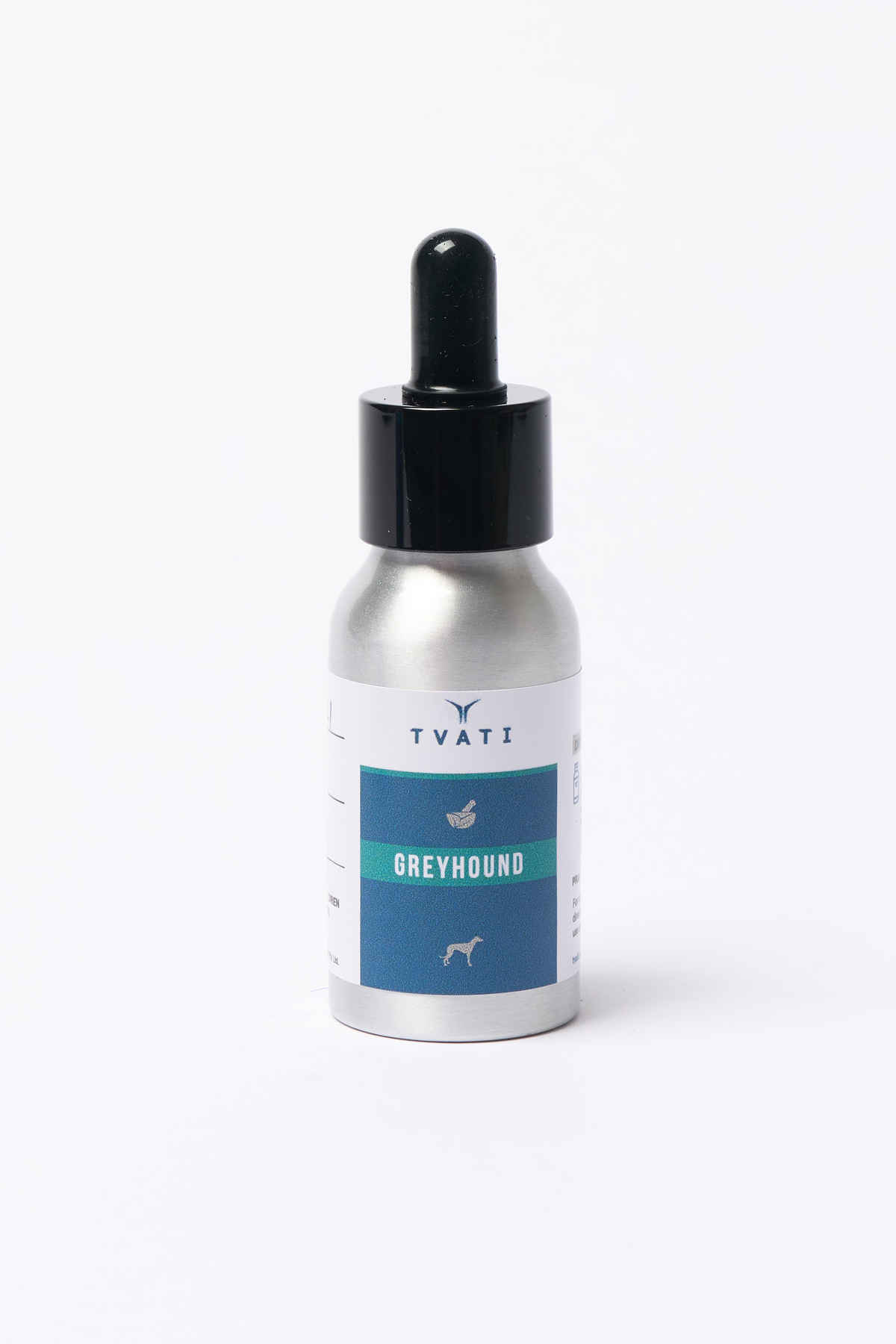
What is TVATI?
TVATI is the result of extensive research and development into Te Vairakau Ati, the traditional plants used to treat bone, cartilage and soft tissue injuries.
TVATI extracts have traditional use for bone and soft tissue injury and research has produced evidence supporting this effect.
TVATI is grown, harvested, processed and packed in the Cook Islands.
What is TVATI used for?
What is TVATI made of?
2. Coconut oil carrier.
How is TVATI applied?

TVATI is the result of extensive research and development into Te Vairakau Ati, the traditional plants used to treat bone, cartilage and soft tissue injuries.
TVATI extracts have traditional use for bone, cartilage and soft tissue injury and research has produced evidence supporting this effect.
What is the preclinical
data on the plant extracts used in TVATI?
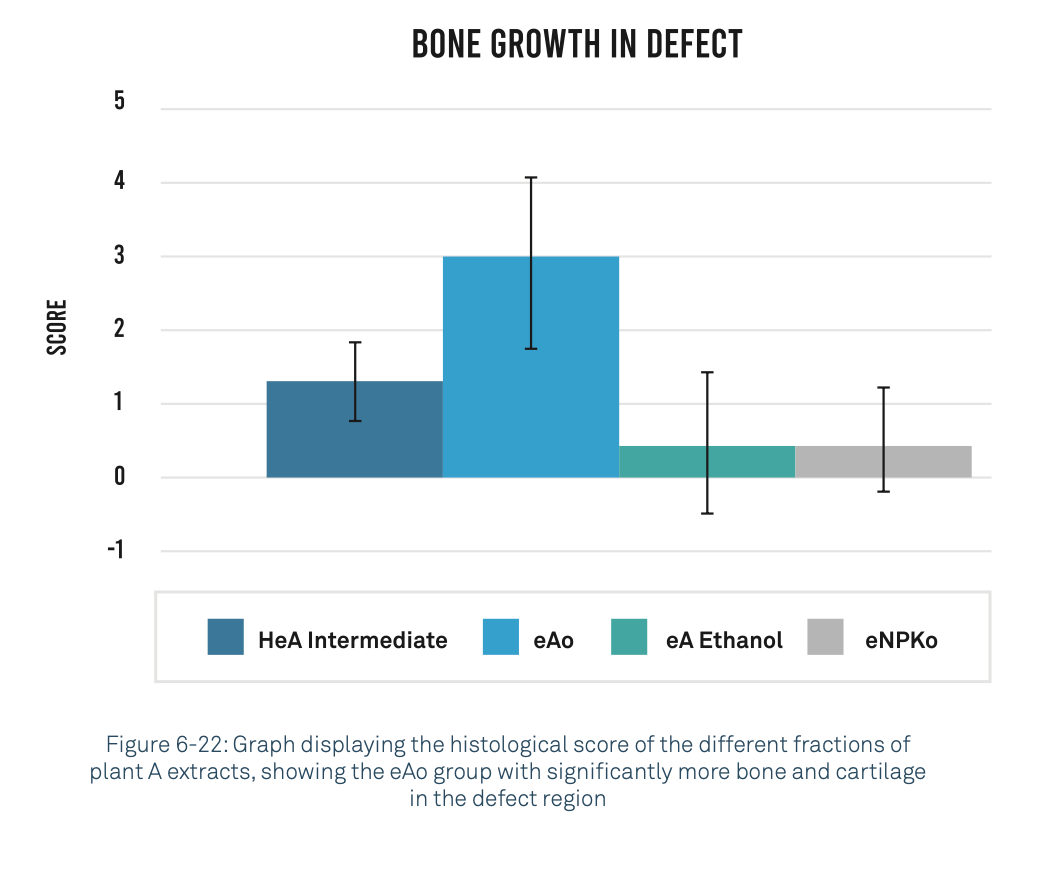
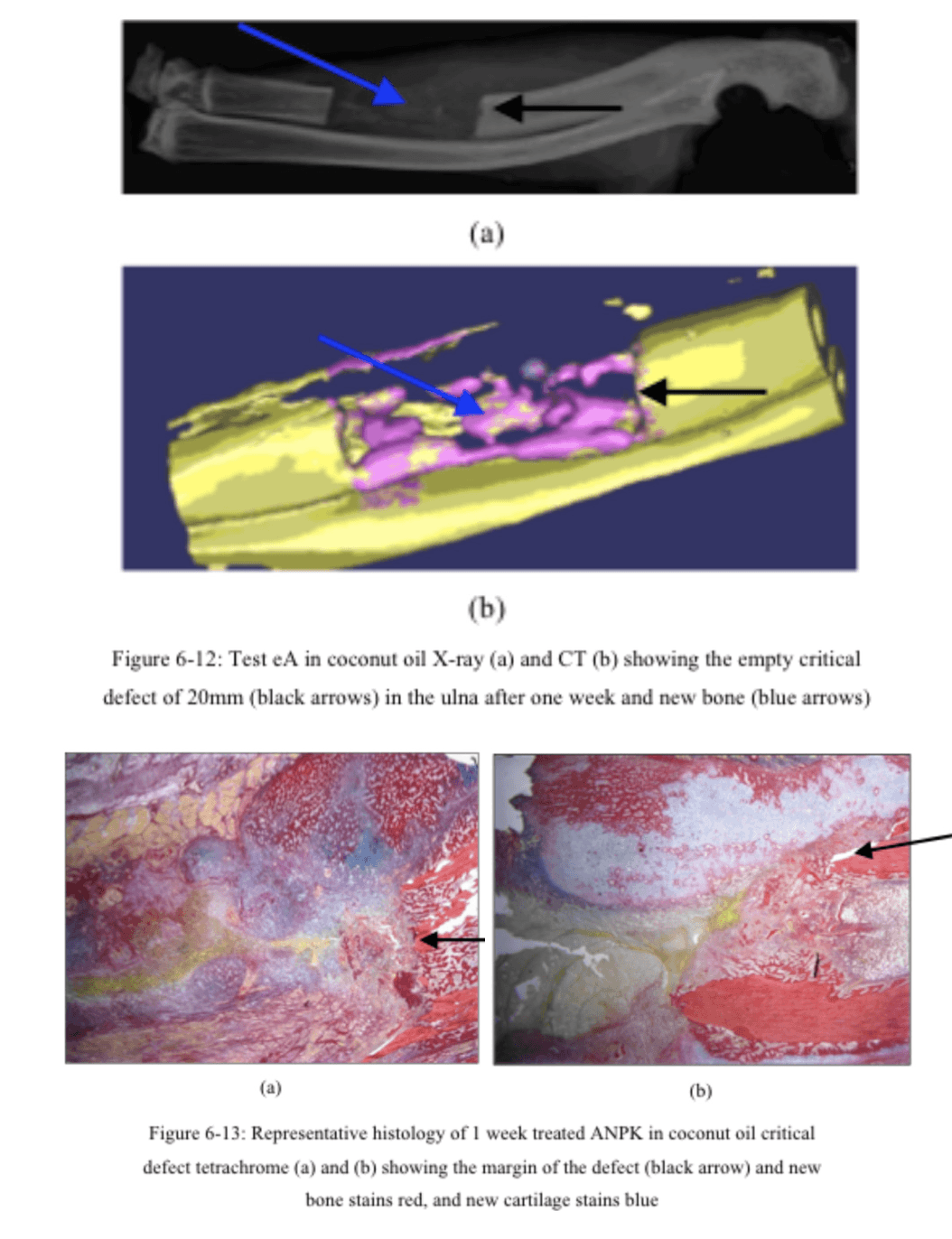
Improved repair of bone grafts?
- Increased bone and cartilage formation and mature bone formation in only 6 weeks
- Demonstration of equivalent or stronger repair strength at 8 weeks versus 12 weeks for untreated controls
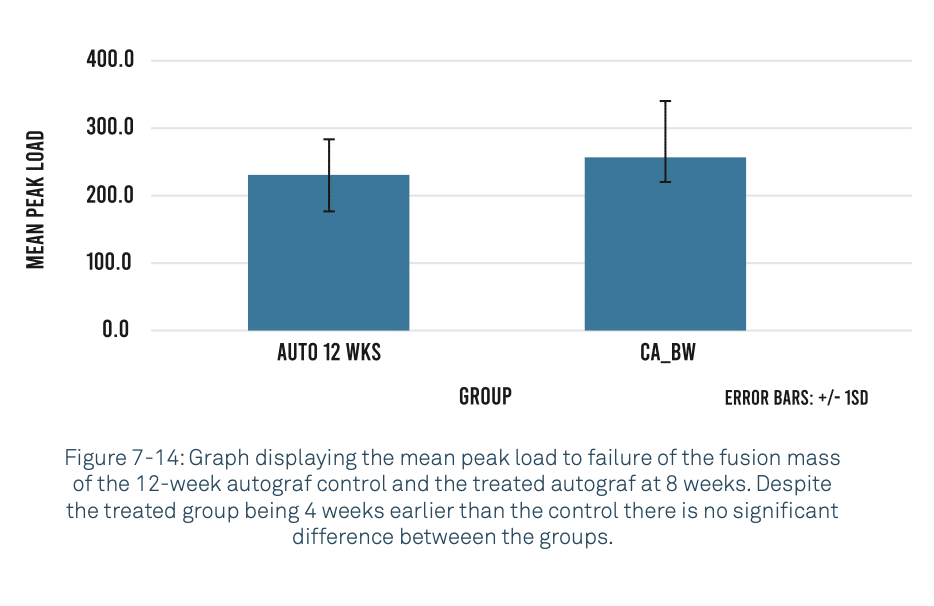
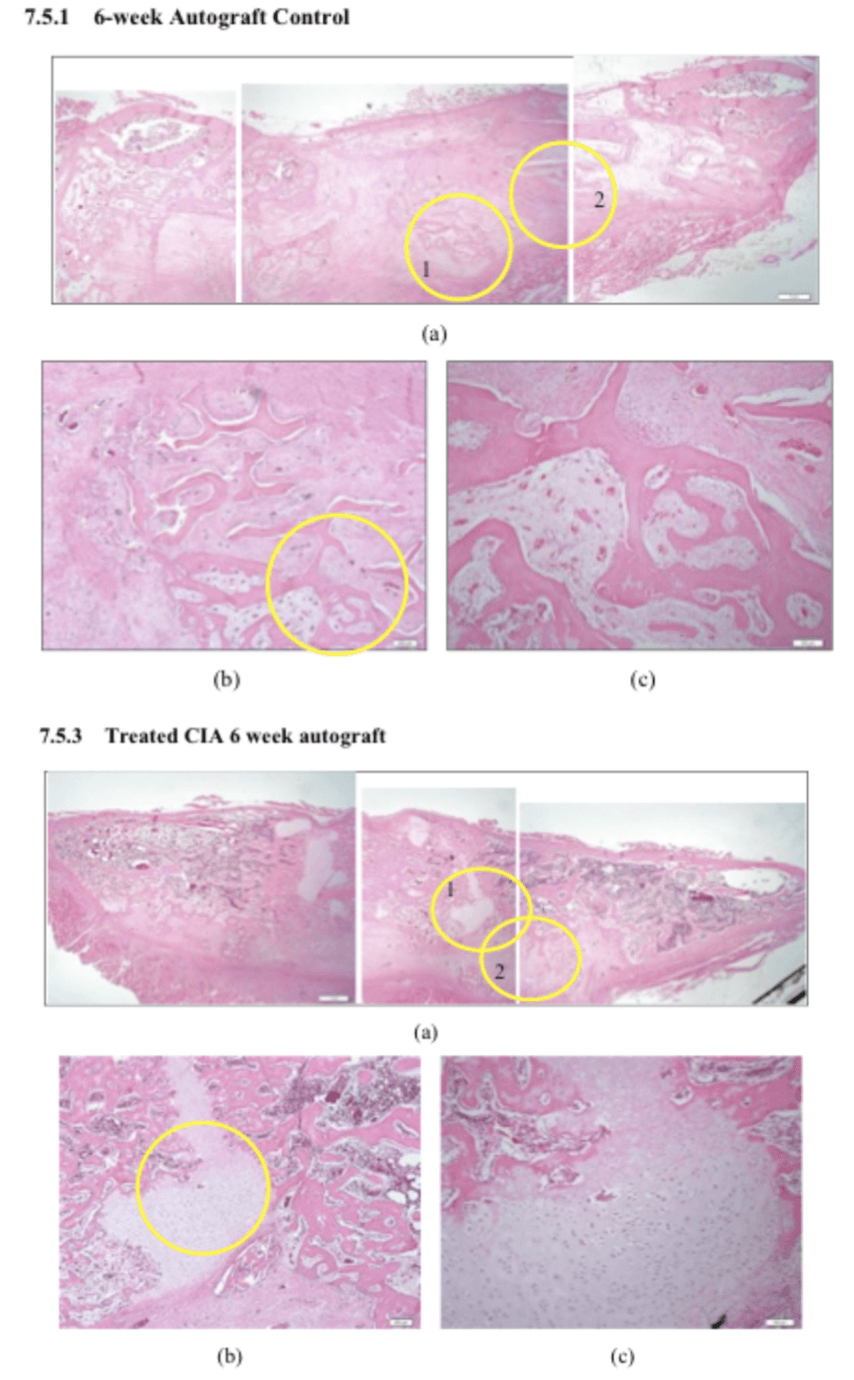
The traditional knowledge and Intellectual Property has been developed by Dr Graham Matheson with the Koutu Nui of the Cook Islands as partners, as worlds best practice based on the Nagoya Protocol to the Convention on Biodiversity.
Dr Matheson was awarded a PhD in Medicine from UNSW for this research at the Surgical and Medical Research Laboratory, Sydney Australia with Professor WR Walsh. A United Nations Global Environment Facility recognized and supported project.
Dr Matheson and the Koutu Nui were highlighted for their contributions in the 2014 Strategic Plan for Biodiversity mid-term assessment.

